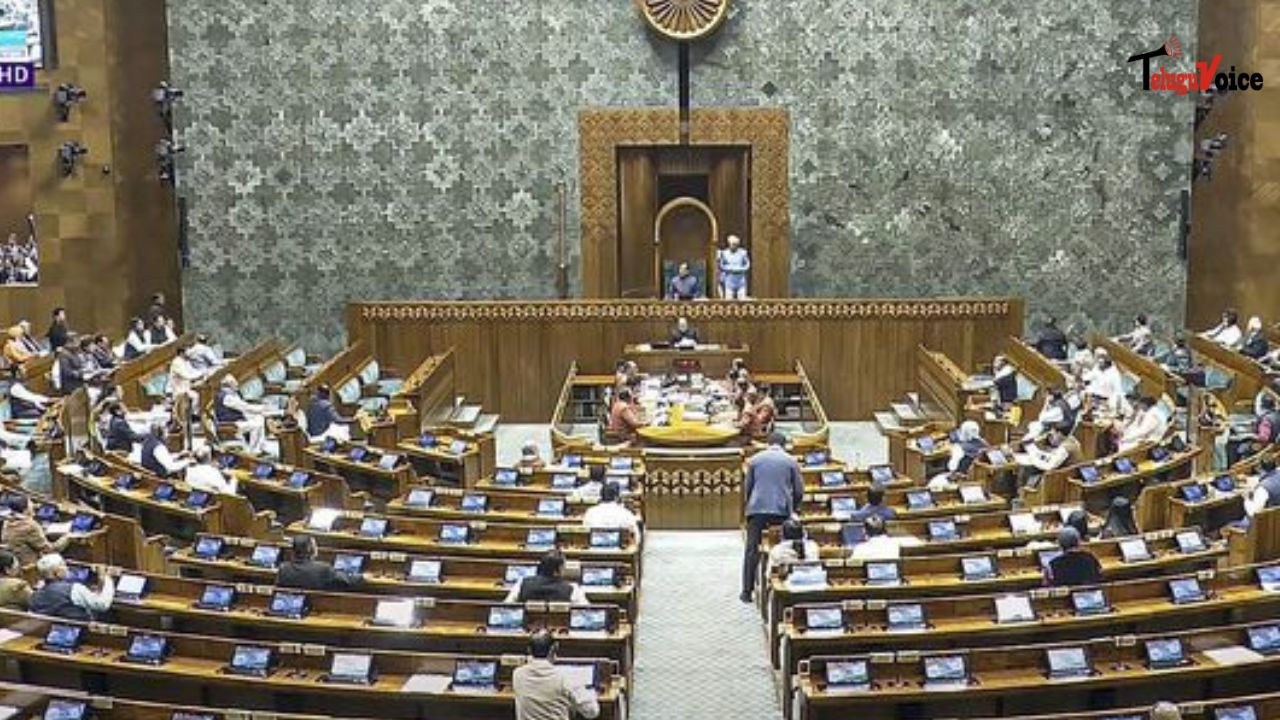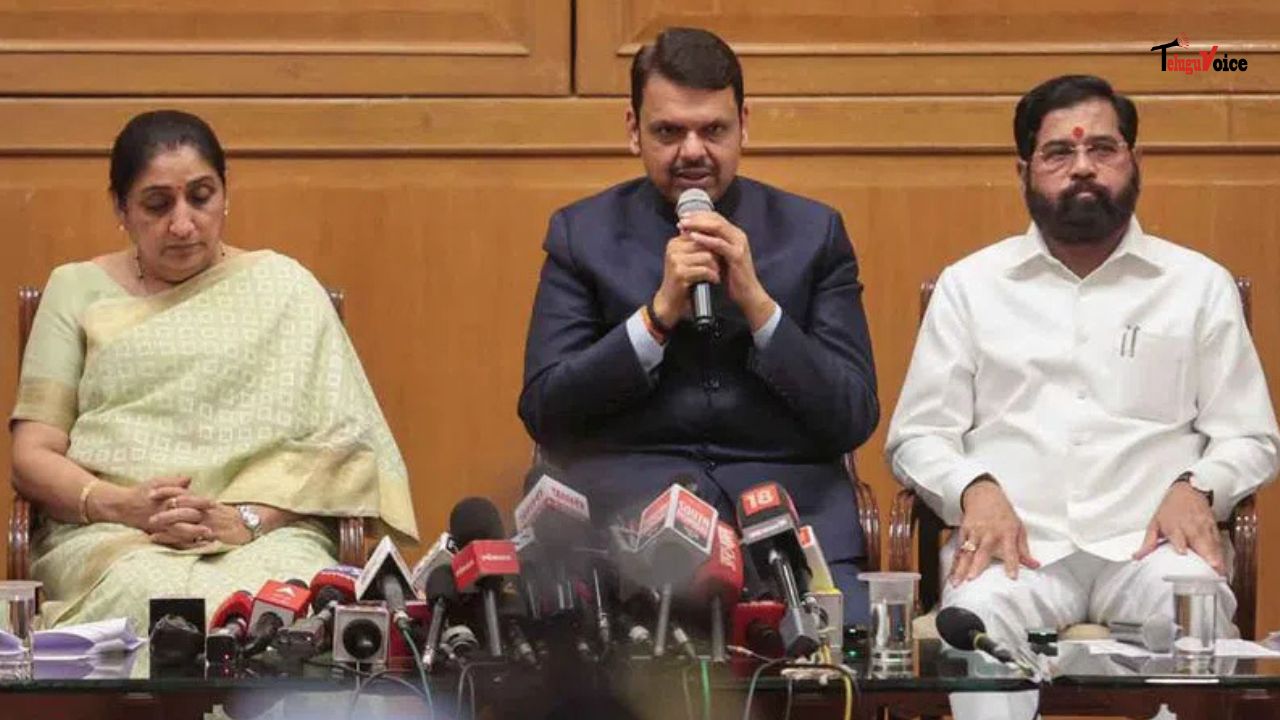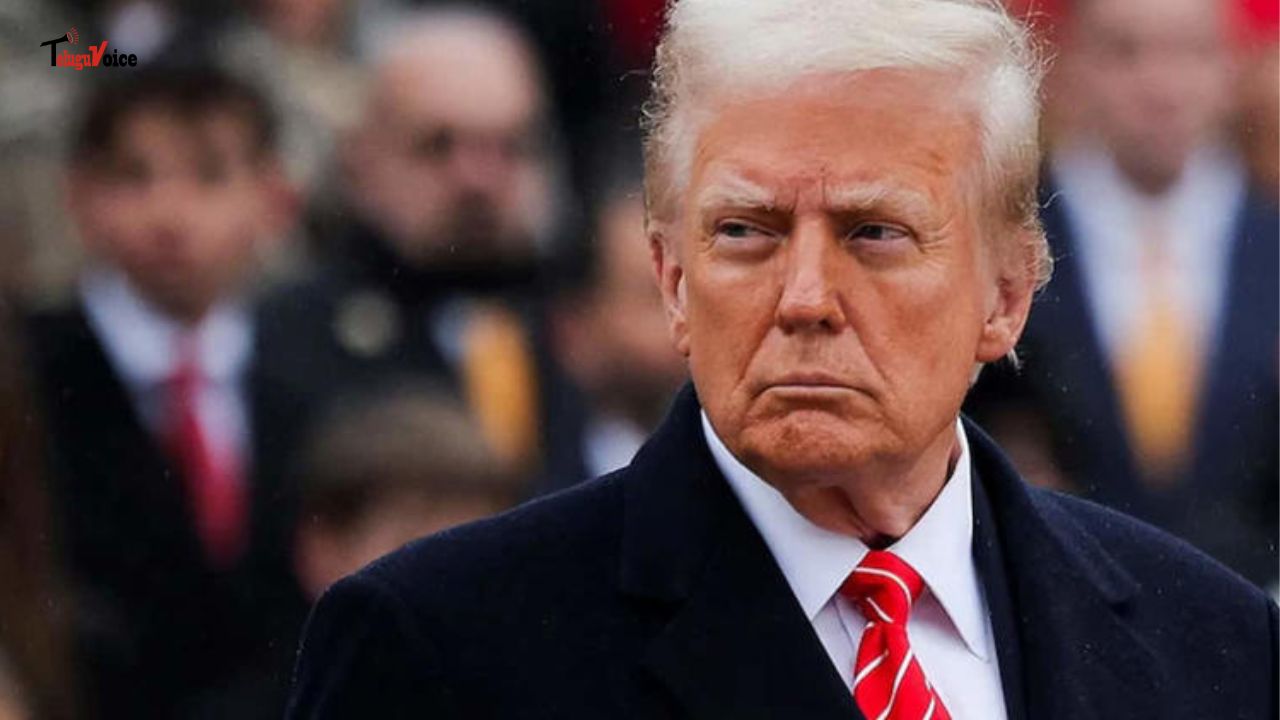One Nation, One Election’ Bill Set for Introduction Amid Strong Opposition

The Constitution (One Hundred and Twenty-Ninth Amendment) Bill, 2024, proposing simultaneous Lok Sabha and State Assembly elections, is scheduled for introduction in the Lok Sabha on Tuesday. Union Law Minister Arjun Ram Meghwal will table the bill, which could be referred to a Joint Parliamentary Committee for broader consultations.
The bill, cleared by the Cabinet last week, also seeks to align elections in the Union Territories of Jammu and Kashmir, Puducherry, and Delhi. As per its provisions, simultaneous elections will not commence until 2034, following the next Lok Sabha elections in 2029.
Key Provisions of the Bill:
Simultaneous Elections: The bill proposes adding Article 82(A) to facilitate simultaneous elections to the Lok Sabha and all State Assemblies.
Amendments: It amends Articles 83, 172, and 327 to align election schedules.
Unexpired Term Rule: If the Lok Sabha or a State Assembly is dissolved before its full term, mid-term elections will only be held for the remaining portion of the term.
Tenure Alignment: The tenure of all State Assemblies elected after the “appointed date” will align with the Lok Sabha’s five-year term. The “appointed date” will be notified by the President after the first sitting of the Lok Sabha post-2029 elections.
Political Opposition
The bill, a key proposal in the BJP’s 2024 manifesto, has sparked fierce opposition from several political parties and leaders. Critics argue that it undermines federalism and democratic accountability:
Congress: MP Jairam Ramesh reiterated the party’s opposition, demanding the bill be referred to a Joint Parliamentary Committee.
DMK: Tamil Nadu CM M.K. Stalin called the bill “draconian,” warning it would “erase regional voices and disrupt governance.”
CPI(M): MP John Brittas criticized the move as being against the “federal spirit” of India.
TMC: West Bengal CM Mamata Banerjee slammed the bill as an “authoritarian imposition” and vowed her party’s opposition.
Numbers Game in Parliament
To pass the bill, the government requires a two-thirds majority in both Houses:
Lok Sabha: With a current strength of 542, the government needs 361 MPs. Support from non-aligned parties like the YSRCP, BJD, and AIADMK will be crucial.
Rajya Sabha: Out of 231 members, the government needs 154 MPs. The NDA’s current strength stands at 114, with support from six nominated members, while the Opposition INDIA bloc has 86 members.
The government remains determined to push the bill forward, but with strong resistance from Opposition parties, the debate over “One Nation, One Election” is set to intensify.

 South Africa tour of India 2019
South Africa tour of India 2019










Comments